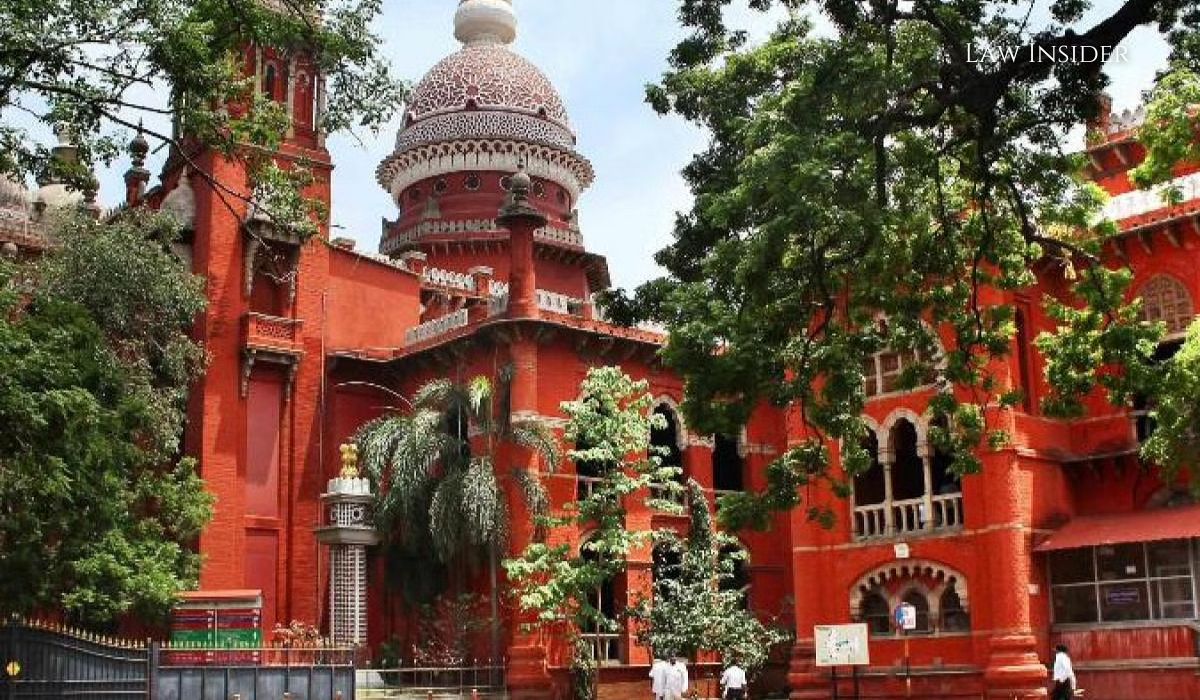LI Network
Published on: 31 August 2023 at 13:30 IST
The Madras High Court has ruled that maternity leaves cannot be claimed as a matter of right for a third biological child if the state policy limits such benefits to only two surviving children.
The court upheld the decision of the District Educational Officer to deny maternity leave for a third child, citing both state policy and fundamental rules outlined in Section 101 of the Fundamental Rules.
Citing the case of Government of Tamil Nadu vs. K. Umadevi dated 14.09.2022], the High Court reiterated that if the state policy enforces the application of Fundamental Rules to government employees, the petitioner cannot demand benefits under the Maternity Benefit Act, which applies only to employees within the definition of the “Establishment” as per the Maternity Benefit Act, 1961.
Justice N. Sathish Kumar of a Single Judge Bench noted, “In this case, the petitioner has four biological children. When the state policy and fundamental rules restrict maternity leave for the third child, the petitioner cannot claim maternity leave based on the Maternity Benefit Act as a matter of right.”
In this case, the petitioner had two daughters from her first marriage. After her husband’s death due to ill health, she was appointed as a Lab Assistant in 2017. Following her remarriage in 2021, she applied for maternity leave of eleven months for the birth of twin female children. However, her request was denied on the grounds that women employees were eligible for maternity leave only for up to two surviving children.
The petitioner argued her eligibility for maternity leave under the Maternity Benefit Act, 1961, contending that it was enacted in line with Article 42 of the Constitution, which guarantees maternity benefits without imposing any restrictions.
Upon examining the case, the court found that the petitioner had two children from her first marriage and twins from her second marriage.
The court interpreted Section 101 of the Fundamental Rules, stating that married female government employees with fewer than two surviving children could be granted maternity leave for up to 365 days, spread over pre-confinement rest and post-confinement recuperation.
The court highlighted that the Fundamental Rules explicitly limit such benefits to married women with up to two surviving children.
Moreover, the court noted that the term “Establishment” under Section 3 (e) in reference to Section 2 of the Maternity Benefit Act 1961 specifies that the petitioner, as a government servant not employed in any establishment defined by the Maternity Benefit Act 1961, could not claim benefits under the Act.
In light of these considerations, the court concluded that since the state policy and fundamental rules limit maternity leave for a third child, the petitioner cannot assert a right to maternity leave.

